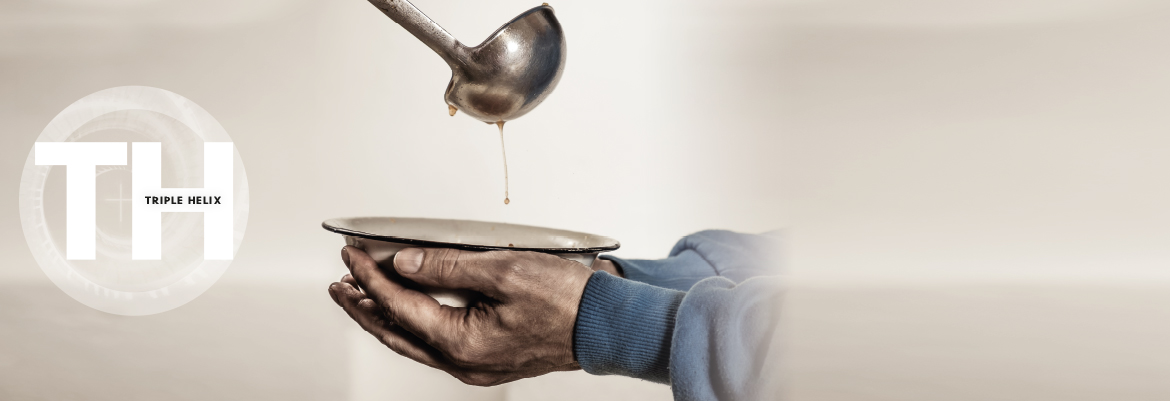Later in the document it says:
Recognize that universal health coverage implies that all people have access, without discrimination, to nationally determined sets of the needed promotive, preventive, curative, rehabilitative and palliative essential health services, and essential, safe, affordable, effective and quality medicines and vaccines, while ensuring that the use of these services does not expose the users to financial hardship, with a special emphasis on the poor, vulnerable, and marginalized segments of the population.
These are all laudable aims and are in tune with biblical expectations of looking after the poor and vulnerable. [2]
Healthcare systems across the world are under increasing strain, with terms such as 'sick' or 'broken' being used to describe the present scenarios. The strains are common to all; an increasing demand with static or diminishing resource. What differs are the aetiological factors; many systems can be likened to a frail older adult with multiple long-term conditions. And like many older adults, the ability to withstand an insult will depend on their resilience. Sadly, many healthcare systems have no or limited resilience and, to continue the frailty analogy, have a clinical frailty score of six or seven.
Like human frailty, there are many reasons why health services fail to cope and why there is health inequity within countries and between peoples.
Healthcare crises do not happen overnight. It is not until that straw breaks the camel's back that many people stand up and take notice. In the UK, COVID-19 was that straw, particularly in primary care. The current strikes are another straw in the crisis in secondary care.
For many of the world's poorest, it is harder to fight illness due to malnutrition. Malnutrition is exacerbated by the escalation in the cost of basic foodstuffs caused by a post-Covid supply chain crisis, and in the in the last year, the war in Ukraine, which has cut off a major part of the developing world's wheat and sunflower oil supplies. Climate change and corruption were already fuelling the problem before these crises piled in on top in the last three years!
It would be easy for us to shrug our shoulders and say 'c'est la vie', adopt a 'Britain first' mentality, and focus only on our own problems. But God expects more of us. We are expected to be advocates, to look out for the poor, the needy, and the foreigner. [3] A Christian response should be to object and to stand up for our neighbour. As Christ said, 'For I was hungry and you gave me something to eat, I was thirsty and you gave me something to drink, I was a stranger and you invited me in, I needed clothes and you clothed me, I was sick and you looked after me, I was in prison and you came to visit me'. (Matthew 25:35-36)
By helping our brothers and sisters in need we are doing what God expects.
When you are harvesting in your field and you overlook a sheaf, do not go back to get it. Leave it for the foreigner, the fatherless and the widow, so that the Lord your God may bless you in all the work of your hands. (Deuteronomy 24:19)
'Whoever oppresses the poor shows contempt for their Maker, but whoever is kind to the needy honours God.' (Proverbs 14:31) But rather we should share our goods with those in need. 'If anyone has material possessions and sees a brother or sister in need but has no pity on them, how can the love of God be in that person? ' (1 John 3:17)
All is not lost. We have a God who is at hand, who hears our cries about injustice. It is our time to stand up for the poor, the oppressed and the marginalised.
David Smithard is a Consultant in Geriatric Medicine at Lewisham and Greenwich NHS Trust & Triple Helix Editor































